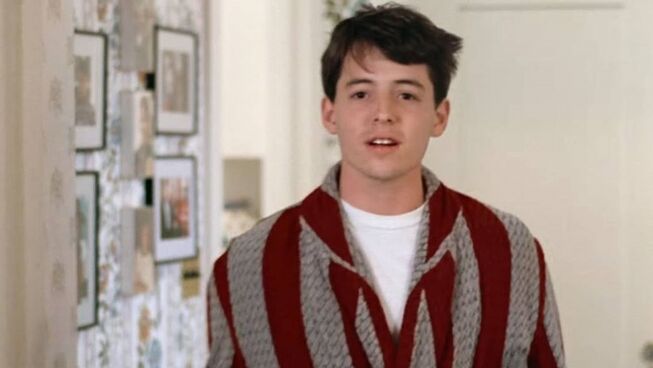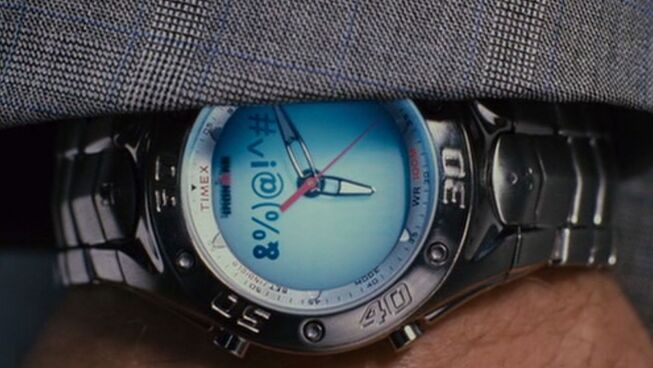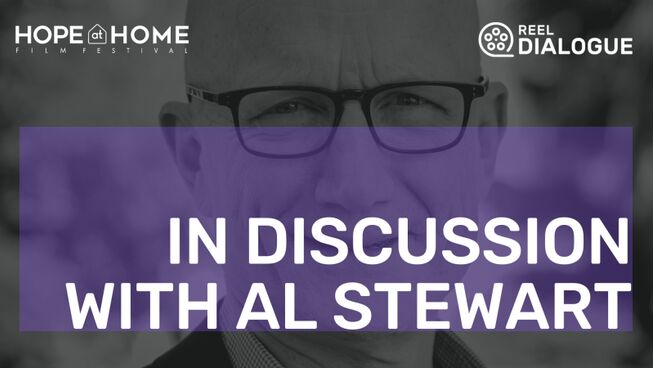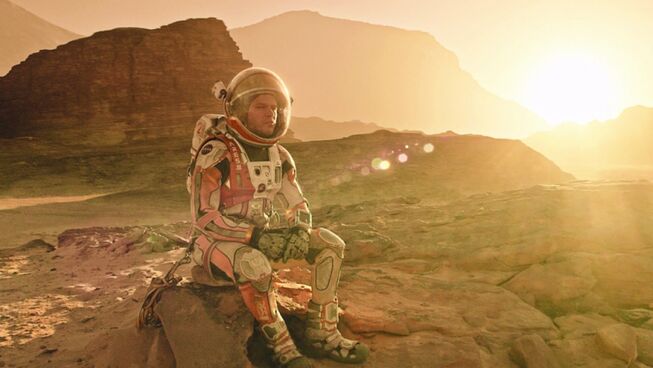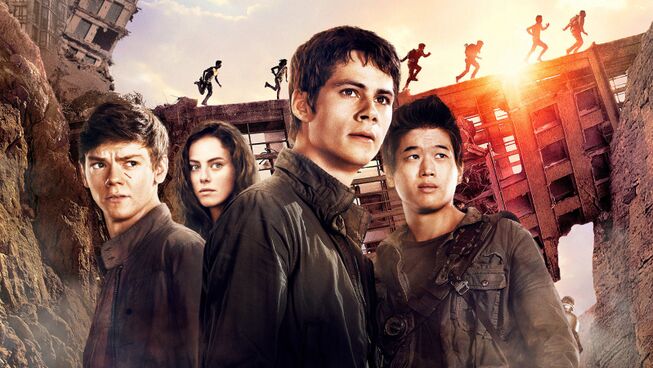
2 out of 5 stars
For those keeping up with the latest screen adaptation from the popular world of young adult dystopian fiction, Maze Runner: The Scorch Trials continues the saga of Thomas (Dylan O’Brien)and his fellow Gladers. They have escaped the Maze, but it is an “out of the frying pan and into the Scorch” experience. They leave their dystopian Garden of Eden existence and find themselves at a transfer depot facility that is overseen by Janson (Aidan Gillen). He claims to be helping the “immunes” of society to get to a safe place that is far from the barren wasteland called The Scorch. Thomas’ band of brothers and Teresa (Kaya Scodelario) have to determine if the outpost is designed to set them free or to keep them captive.
On top of these internal trials after their recent maze exodus, they also need to investigate the purpose of the mysterious organisation called WCKD and how Janson’s outfit is involved. Their haphazard search for the truth involves a multitude of other human outposts where they run into the hands of organised crime gangs, infected zombie-like creatures and The Right Arm resistance fighters. All in an attempt to stay ahead of WCKD’s special forces.
Director Wes Ball managed to deliver a fresh spin on the disquieting young-adult genre with his first Maze Runner installment. But while he was able to develop an intriguing cinematic puzzle with that film, this relatively new director has unfortunately fallen into the trap of the sophomore venture. In this second outing, he struggles to determine what type of film he is trying to make. Is it The Hunger Games? Is it World War Z? Or is it Alien? Understandably, sampling from other filmmakers is not new for directors, but Ball seems to get lost within the tangled web that he attempts to spin from outside influences. Early in the film Newt (Thomas Brodie-Sangster) asks Thomas if he has a plan for their escape. Thomas, the leader of his pack, has no solid answer. The same can be said of Maze Runner: The Scorch Trials — there does not seem to be any concrete direction for the story.
From the first big-screen chapter of Maze Runner to the second, the producers have invested in a multitude of special effects. But scriptwriter T.S. Nowlin seems to have been left back in the maze. The script becomes a series of derivative lines that only serve as trivial connections between the numerous running sequences. One appealing factor of the first Maze Runner was the development of its key characters, which helped us to develop concern for their well being. In this venture, most of the misguided disciples of Thomas only serve one of two purposes — either they are hopeless running companions, or victims of the various horrors along the way.
Like so many other similar stories, the Maze Runner books are a trilogy. When it comes to any trilogy, the second link in the chain is meant to connect the series together. Key plot points are left open for the concluding installment, but the second link should help the audience care more about the central players. But The Scorch Trials doesn’t provide this, leaving us only to wonder whether we should care at all if the society of Maze Runner even survives?
Taking a moment to catch its breath from all of the athletic activity, this film does have one underlying theme worth pondering. Thomas and the others must risk their own lives to save the remnant of society. Yet, with their best intentions, they are caught in the cross-fire of forces that seem to be attempting the same goal of saving the lives of the world’s population.
In trying to save the earth, is the fate of society worth the sacrifice of a few? Throughout The Scorch Trials, the lines are blurred in answering the question of the sanctity of life. It is not an easy answer, but does spark significant questions about the value of life and to what lengths must we go to preserve others?
God proves throughout the Bible the lengths he will go to to save people’s lives, but people need to determine if they are willing to accept his answer to life.
Leaving the cinema…
One puzzling factor in the majority of the end of the world and dystopian-style films during the past few years is they all happen in San Francisco. It is an exceptionally iconic city that is known for the engineering marvel, the Golden Gate Bridge. Yet, as a bridging film, Maze Runner: The Scorch Trials is far from iconic and definitely is not a cinematic marvel.
What are the bigger questions to consider from this film?
How will the world come to an end? (Matthew, 24:36, Revelation 20:1-15)
What does the Bible say about the sanctity of life? (Genesis 1:27, Psalm 139: 13-16, Matthew 5:21-22)
What sacrifice does God make to save mankind? (Luke 23-24)

